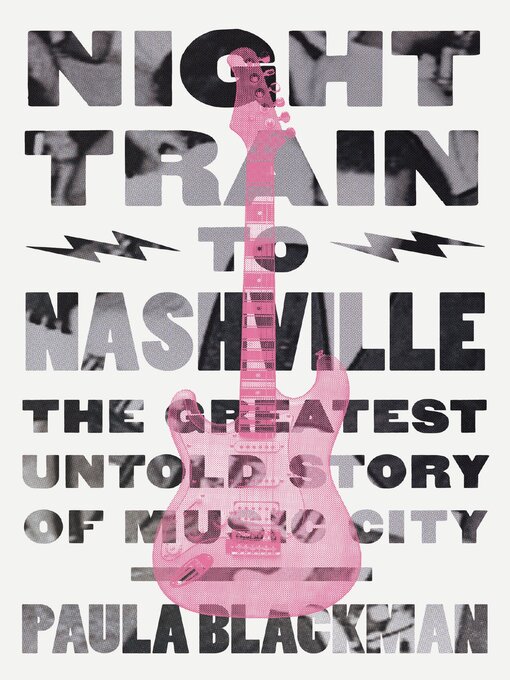Set against the backdrop of Jim Crow, Night Train to Nashville takes readers behind the curtain of one of music's greatest untold stories during the era of segregation and Civil Rights.
In another time and place, E. Gab Blackman and William Sousa "Sou" Bridgeforth might have been as close as brothers, but in 1950s Nashville they remained separated by the color of their skin. Gab, a visionary yet opportunistic radio executive, saw something no one else did: a vast and untapped market with the R&B scene exploding in Black clubs across the city. He defied his industry, culture, government, and even his own family to broadcast Black music to a national audience.
Sou, the popular kingpin of Black Nashville and a grandson of slaves, led this movement into the second half of the twentieth century as his New Era Club on the Black side of town exploded in the aftermath of this new radio airplay. As the popularity of Black R&B grew, integrated parties and underground concerts spread throughout the city, and this new scene faced a dangerous inflection point: Could a segregated society ever find true unity?
Taking place during one of the most tumultuous times in US history, Night Train to Nashville explores how one city, divided into two completely different and unequal communities, demonstrated the power of music to change the world.

